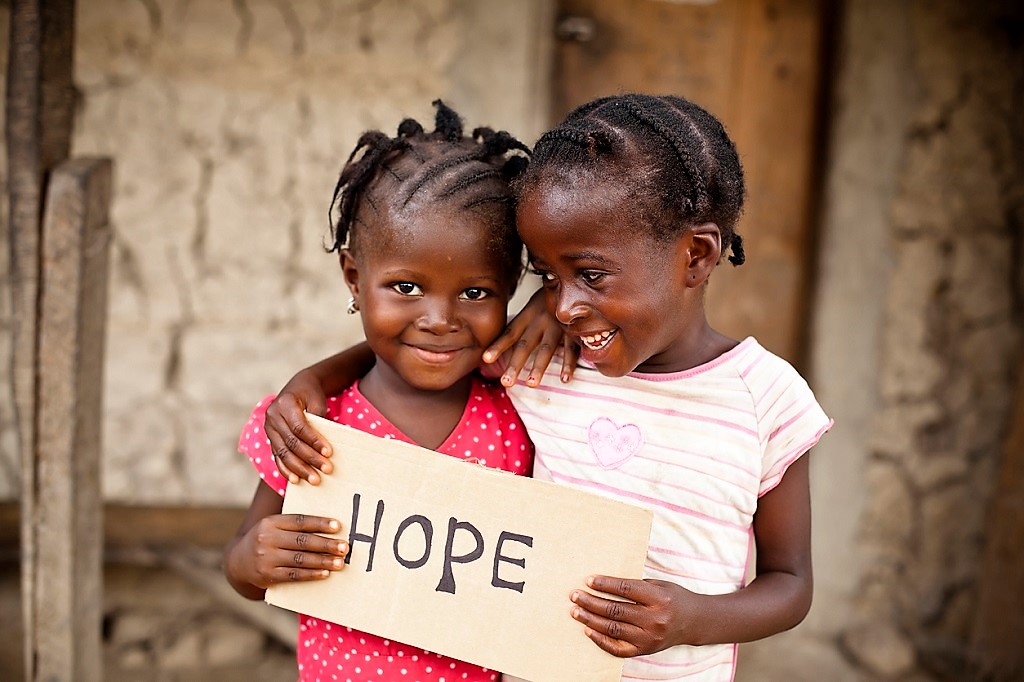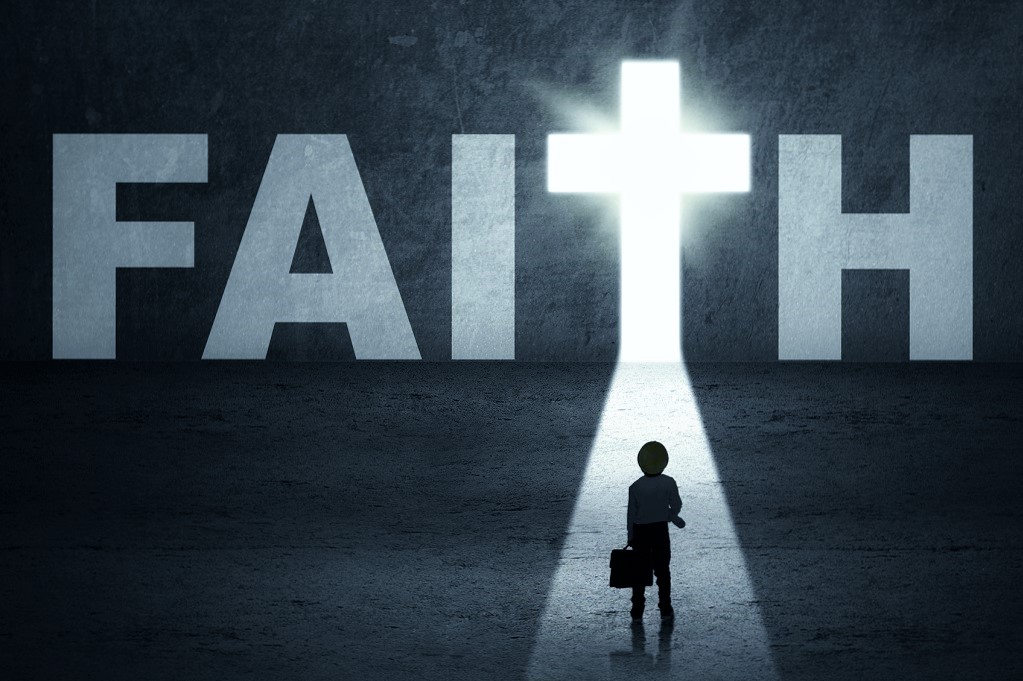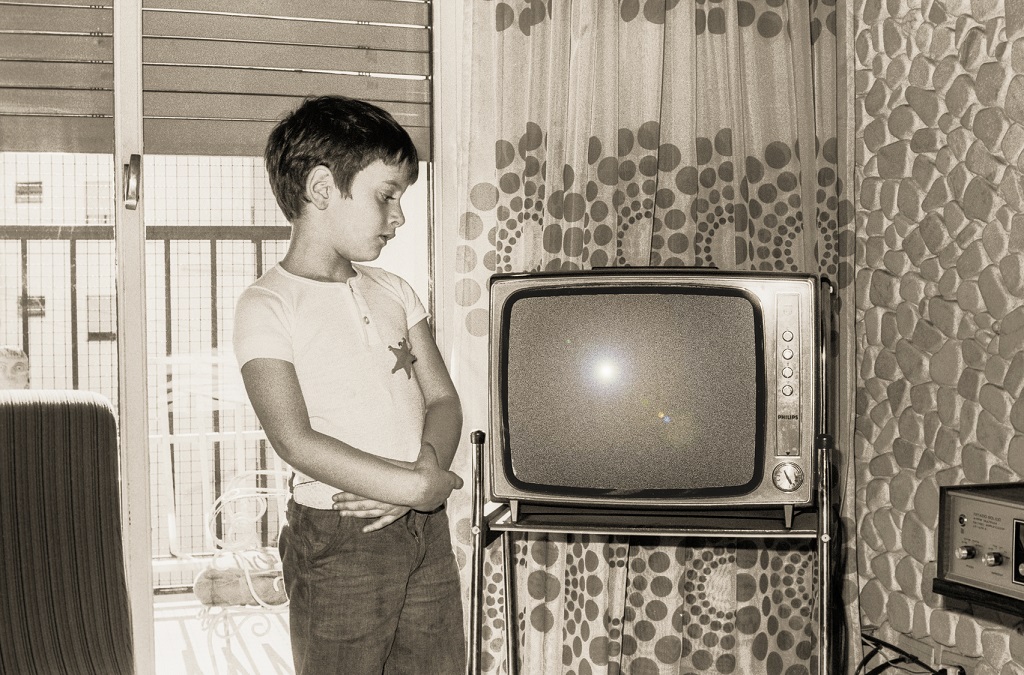On the 6th Sunday of Easter, we hear from St. Peter in the second reading. Since it is St. Paul who dominates the writings of the New Testament (outside of the Gospels,) it is good to hear from St. Peter. This section of 1st Peter focuses on hope.
Hope, the Church teaches, is one of the three theological virtues (the others are faith and charity.) Hope is:
… the theological virtue by which we desire the kingdom of heaven and eternal life as our happiness, placing our trust in Christ’s promises and relying not on our own strength, but on the help of the grace of the Holy Spirit.
St. Peter makes it clear that hope is a hallmark of a person who follows Christ.
Always be ready to give an explanation to anyone who asks you for a reason for your hope, but do it with gentleness and reverence, keeping your conscience clear, so that, when you are maligned, those who defame your good conduct in Christ may themselves be put to shame. (1 Pt. 3:15-16)
It’s rather odd that Peter is so focused on “hope,” since the young Church was being persecuted. Peter and the other Apostles were run out of town, imprisoned, brought up on various charges. But they went forward, with great hope.
As modern Christians, we might be tempted to abandon hope. Our world certainly is dismal. Christians are the most persecuted religion across the globe. Violence, culture wars, and just plain old evil seems to be winning the war for souls.
But we have hope. And we need to be able to tell anyone who asks why we are so hopeful. Here are just four reasons:
- The first and foremost reason for hope is Christ. We believe (just as we say at most Masses) that Christ became Man, took our sins upon Himself, died and then rose again. As St. John Paul II said, “We are an Easter people, and alleluia is our song.”
- We have been promised Heaven. If we love God and do His will, we gain eternal happiness with Him in Heaven. That’s an immense reality, and the source of much hope.
- We are not in this alone! Yes, our world is scary and dangerous and sometimes evil, but we are never alone! First, Christ promised He would never leave us along (see John 14.) Further, we have a community of brothers and sisters in Christ to lean on, to help us live better and holier lives, and to pray with and for us.
- The sacraments are a source of hope. Because we are baptized in the name of the Father, the Son and the Holy Spirit, we live in Christ and He is us. St. Paul says, God chose to make known the riches of the glory of this mystery among the Gentiles; it is Christ in you, the hope for glory. (Col. 1:27.) In the Eucharist, Christ gives His very Body and Blood; we consume and He dwells in us.
Let us live in such a way that all may see the hope we have as Christians. May our hope gives others hope as well, as we make known Christ Jesus.



